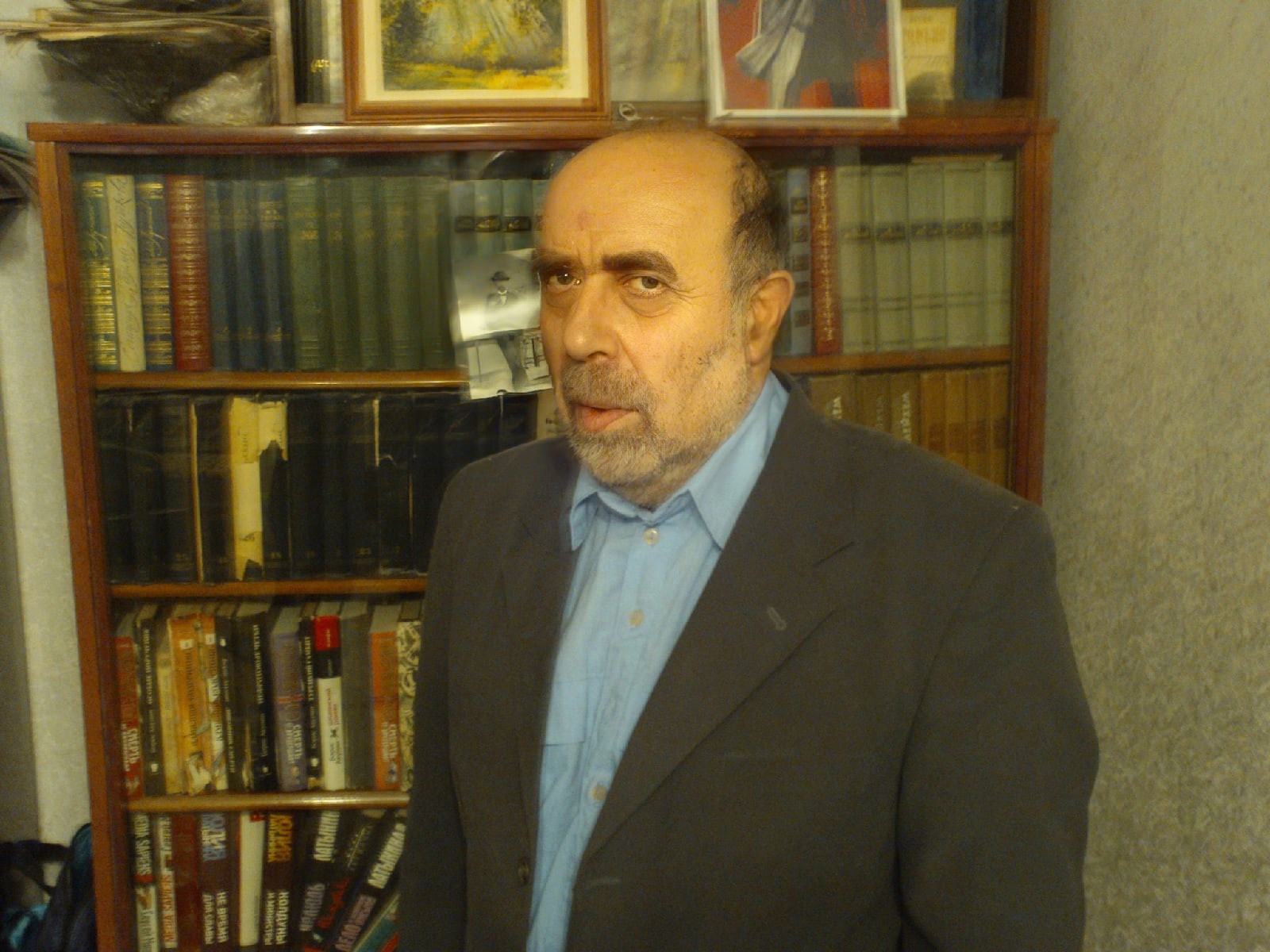The article analyzes views among clerics of the ROC (MP) on coronavirus and its spread broadcasted in Telegram channels from March 1 to June 30, 2020, during the first wave of the Coronavirus in Russia. Psycholinguistic and content analysis of 166 posts devoted to one or another aspect of the pandemic in the agenda of six analyzed popular Telegram channels allows to define the main themes that to varying degrees reflect the existing opinions in church on the origins of COVID-19, the risks of being infected, as well as the restrictions introduced by governmental and medical authorities to prevent the disease from spreading. The results obtained from two different kinds of analysis reveal the problematic situation among official church representatives towards the pandemic. Due to the lack of a clear position of the hierarchy they act in accordance with their personal reasons and understandings which often may cause real harm to the audience relying on clerics’ opinions. What is interesting, such views encompass both the sentiments of COVID-dissidents denying the very existence of the virus and its risks that leads to their disregard of safety precautions as well as the views of ‘undecided’ who prefer to confine themselves to cautionary statements without taking any additional actions.
Keywords: COVID-19, Coronavirus, pandemic, content analysis, psycholinguistic analysis, conspiracy theories, mythologization, views of clerics
DOI: 10.22250/2072-8662.2021.2.119-127
About the author
 |
Alexandra O. Blinkova – PhD (Philosophy), Junior Researcher at the Laboratory of Religious Studies, Herzen State Pedagogical University |
 |
Samuil M. Shurukht – Junior researcher at the the Laboratory of Religious Studies, Herzen State Pedagogical University |






